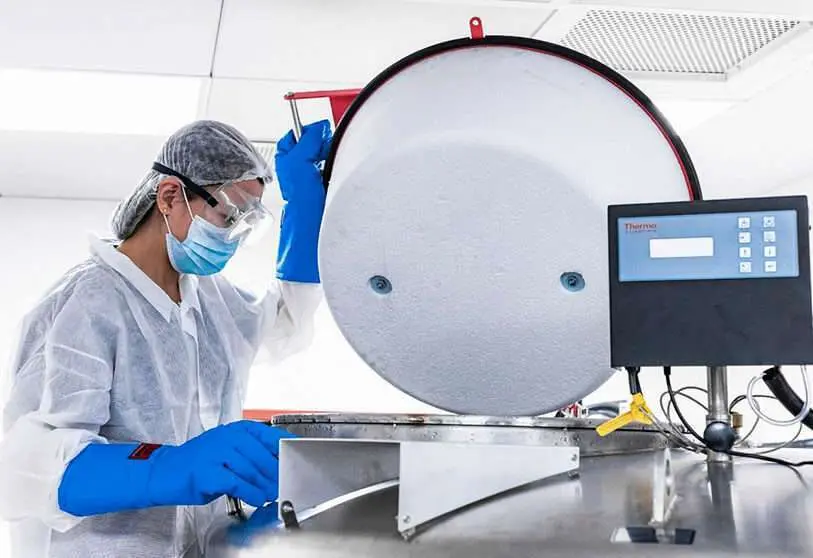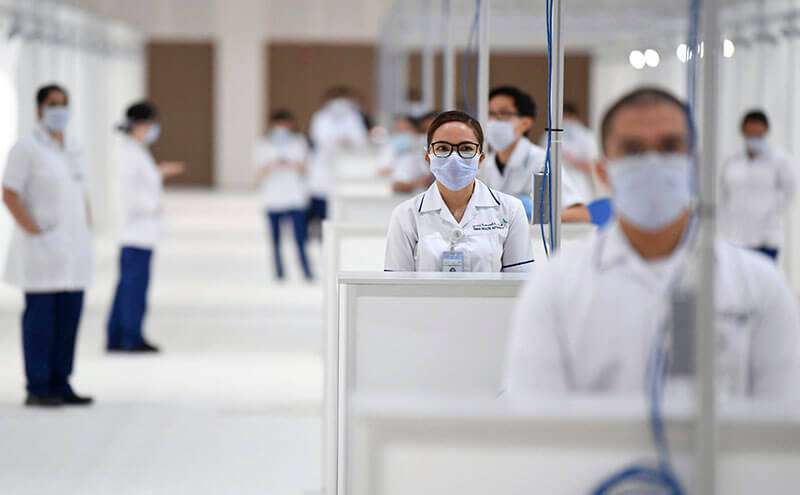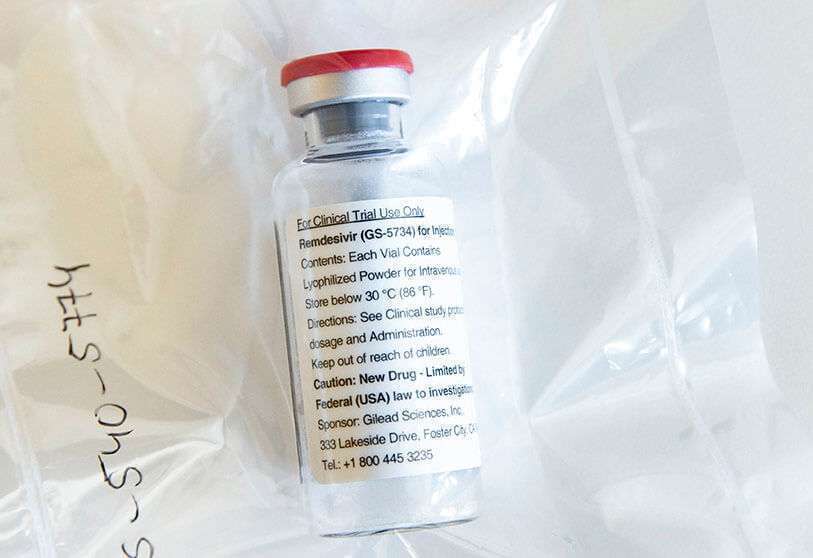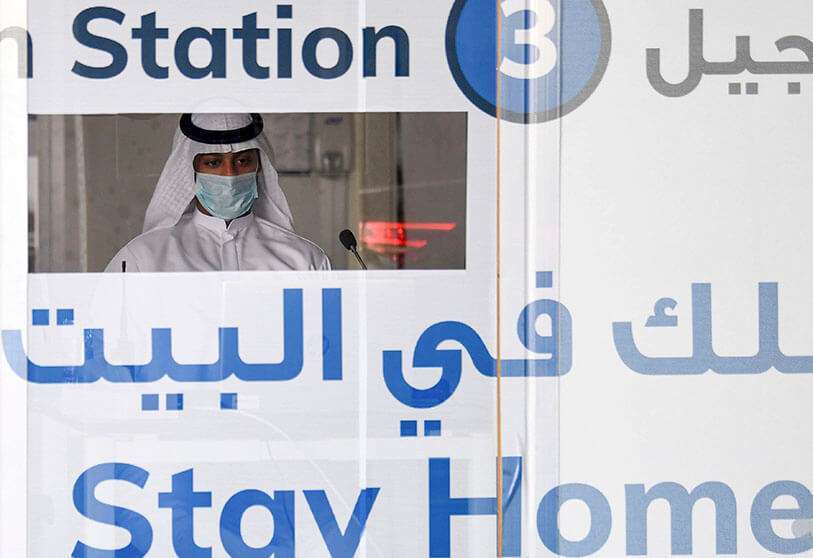Emirates bets on stem cell therapy to treat coronavirus

A team of doctors and researchers at the Abu Dhabi Stem Cell Centre in the United Arab Emirates (UAE) has developed a promising treatment for COVID-19 disease. This method, which involves taking stem cells from the patient's own blood and reintroducing them after activation, has begun to show "favorable" results, after being administered to at least 73 patients, according to the official WAM news agency.
Dr. Fatima al-Kaab told CNBC news that this new treatment to alleviate the symptoms of coronavirus could be on the market in three months, if the next phases of the clinical trial go in the same direction. "It's too early to say at this stage. We are pleased that our initial results are promising," he added.

This remedy uses a "minimally invasive" method in which stem cells are extracted from a patient with coronavirus, activated and converted into a fine fog to be inhaled. "This transformation relieves symptoms such as coughing," the doctor told CNBC. A Spanish doctor is part of the team of doctors and researchers who have developed this treatment, according to several media reports.
The researchers involved in this investigation believe that the use of stem cells to treat this pathogen has a "therapeutic effect by regenerating the lung cells and modulating the immune response to prevent it from overreacting to COVID-19 infection and causing further damage to healthy cells," according to information published in the WAM news agency. The number of deaths in the country from this disease amounts to 201, with 18,878 infected.

"This treatment is an addition to the arsenal of interventions and is representative of the UAE Government's concerted effort and commitment to ending the COVID-19 pandemic," the Emirates said through the WAM news agency. However, the country's government has stressed the importance of continuing with prevention and disease control measures to reduce the impact of this pandemic. Although there is no specific vaccine or antiviral against COVID-19 there are some drugs that have given positive results in some patients. For example, as a result of these therapies, the US drug regulatory agency (FDA) has authorized the emergency use of remdesivir as an experimental drug in patients infected with the virus.

The treatment designed in the UAE has been tested on at least 73 patients with moderate to severe symptoms and all of them have been "successfully treated and cured". Of these patients, about four were intubated and in the intensive care unit. However, through this same statement Emirates has reported that the treatment has been administered to patients "in conjunction with conventional medical intervention". Under the circumstances and until proven effective, stem cell treatment will be applied "as an adjunct to established treatment protocols rather than as a replacement".
In the case of Spain, the Spanish Agency for Medicines and Healthcare Products, which is part of the Ministry of Health, has stressed that, although clinical trials exist both in Spain and in the rest of the world, "there is currently no evidence from controlled clinical trials to recommend a specific treatment for SARS-CoV-2".

The clinical trial in the UAE joins dozens of other research studies being carried out around the world to find a cure for the coronavirus. One of the latest developments has taken place in Wuhan, where they have mixed three drugs (interferon beta-1b, lopinavir-ritonavir (Kaletra) and ribavirin) that together could stop the aggressiveness of this pathogen.








